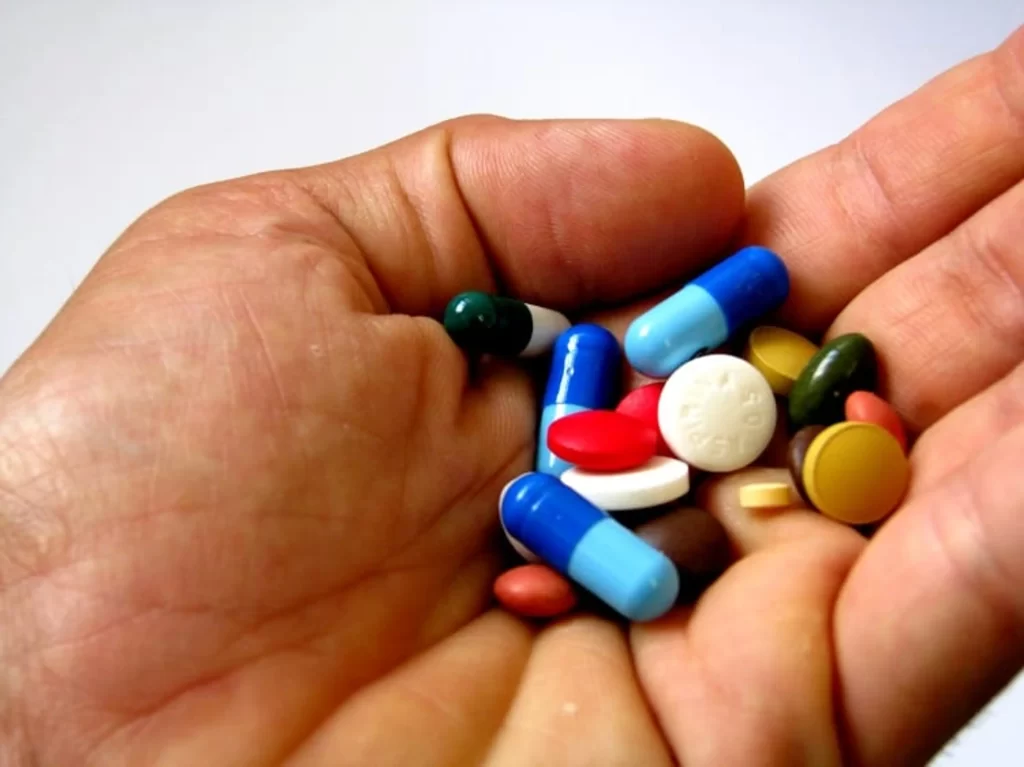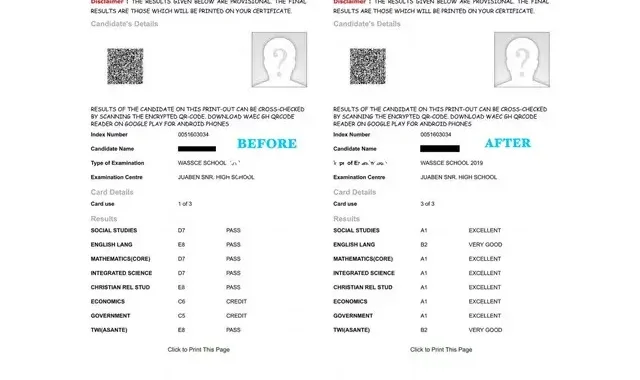5 Foods And Drinks You Should Avoid When Taking Drugs

At the point when you are on medications or drugs, it’s important to be aware of what you consume, as certain foods and drinks can connect adversely with these substances and possibly influence their effectiveness or cause unfavorable reactions. The following are five foods and drinks you should avoid when taking drugs.
5 Foods And Drinks You Should Avoid When Taking Drugs
Grapefruit and Grapefruit Juice: Grapefruit and its juice contain compounds that can obstruct the proteins responsible for metabolizing numerous medications. This can prompt higher levels of the medication in your bloodstream, possibly causing side effects or toxic reactions. Check the medication label or consult your medical services supplier to check whether grapefruit interactions are a concern for your particular medication.
Alcohol: Alcohol can associate with different medications, including over-the-counter drugs, prescription medications, and even herbal supplements. It can escalate the side effects of certain drugs, diminish the effectiveness of others, or lead to erratic reactions. It’s critical to avoid alcohol while taking medication except if your medical services supplier exhorts otherwise.
Dairy Products: A few medications, especially antibiotics like antibiotic medication, can tie to calcium in dairy products like milk, yogurt, and cheese. This limiting can decrease the absorption of the medication, making it less compelling. To guarantee appropriate absorption, take such medications no less than 2 hours prior or subsequent to consuming dairy products.
High-Vitamin K Foods: If you are taking blood-thinning medications like warfarin (Coumadin), it’s fundamental to keep a consistent intake of vitamin K, which assumes a part in blood thickening. Foods plentiful in vitamin K, like mixed greens (e.g., kale, spinach, broccoli), can obstruct the action of these medications. While you don’t have to avoid vitamin K-rich foods altogether, it’s fundamental to consume them consistently and in moderation. Your medical care supplier can assist you with striking the right equilibrium.
Caffeine: Caffeine can influence specific medications, like stimulants, decongestants, and a few medications utilized for asthma or bronchitis. It might heighten the side effects of these drugs, including expanded heart rate and nervousness. Be careful about your caffeine intake while on such medications and follow your medical care provider’s direction.
Continuously read the medication label and consult with your medical services supplier or drug specialist in regards to expected interactions with foods and drinks.
READ: Biography of Alan Kyeremanten; Age, Wife, Children, Education, Career, Net Worth
They can give explicit direction in view of your medications and individual wellbeing profile. In the event that you have concerns about your eating routine and medication interactions, it’s vital for address them with a medical professional to guarantee your security and the effectiveness of your therapy.
Send Stories | Social Media | Disclaimer
Send Stories and Articles for publication to [email protected]
We Are Active On Social Media
WhatsApp Channel: JOIN HERE
2024 BECE and WASSCE Channel - JOIN HERE
Facebook: JOIN HERE
Telegram: JOIN HERE
Twitter: FOLLOW US HERE
Instagram: FOLLOW US HERE
Disclaimer:
The information contained in this post on Ghana Education News is for general information purposes only. While we endeavour to keep the information up to date and correct, we make no representations or warranties of any kind, express or implied, about the completeness, accuracy, reliability, suitability or availability with respect to the website or the information, products, services, or related graphics contained on the post for any purpose.



 Old students build health centre for Awudome SHS
Old students build health centre for Awudome SHS  Move away from traditional theoretical based learning – Prof Abeku Quansah to students
Move away from traditional theoretical based learning – Prof Abeku Quansah to students  Professor Amin Alhassan speaks at 20th Congregation of Islamic University College
Professor Amin Alhassan speaks at 20th Congregation of Islamic University College  WASSCE Results Upgrading: Total Scam Or Something Worth Your Money?
WASSCE Results Upgrading: Total Scam Or Something Worth Your Money?